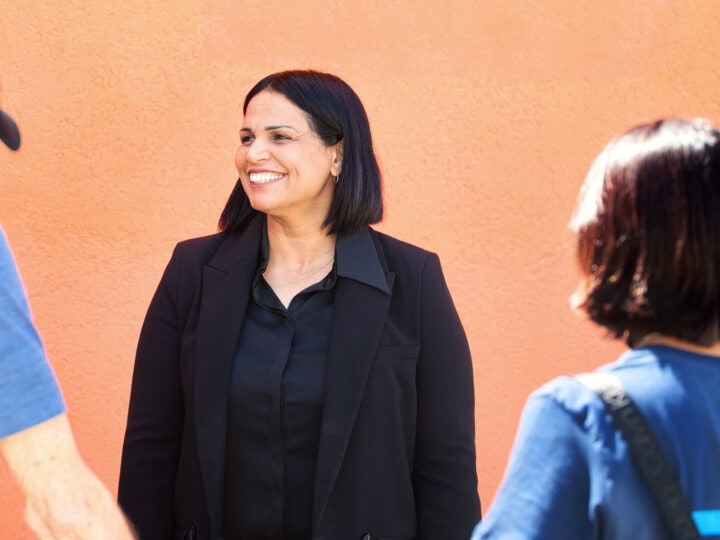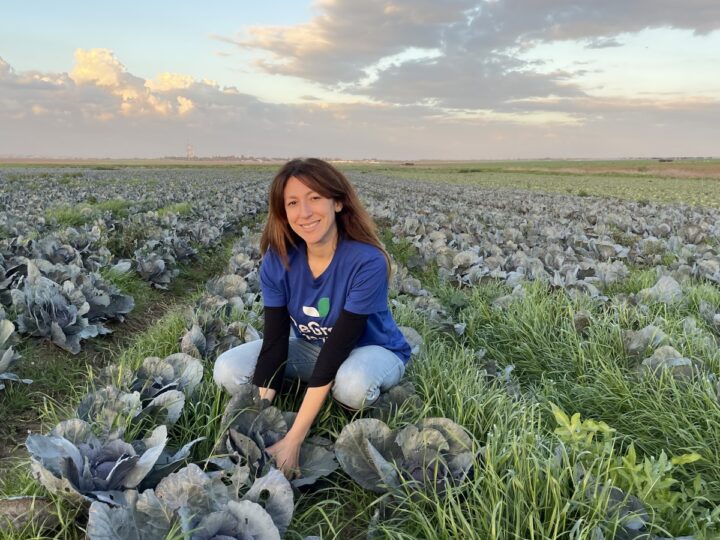The likelihood of a child saying, “When I grow up, I want to be like … physician Elizabeth Blackwell, naturalist Maria Sibylla Merian, astronaut Kalpana Chawla, environmentalist Wangari Maathai or architect Zaha Hadid,” is highly improbable.
Two Israeli entrepreneurs are working to change that.
Anat Shperling and Yifat Anzelevich, cofounders of Toya-Play a Difference, are using mobile games to introduce children to the life stories of women who changed the world.
“Toya is a content brand and we’re developing digital games in order to help girls realize their full potential. Our games will follow the stories of exceptional women in science, space, sports, etc.,” Shperling, an experienced social entrepreneur and female-empowerment programs developer, tells ISRAEL21c.
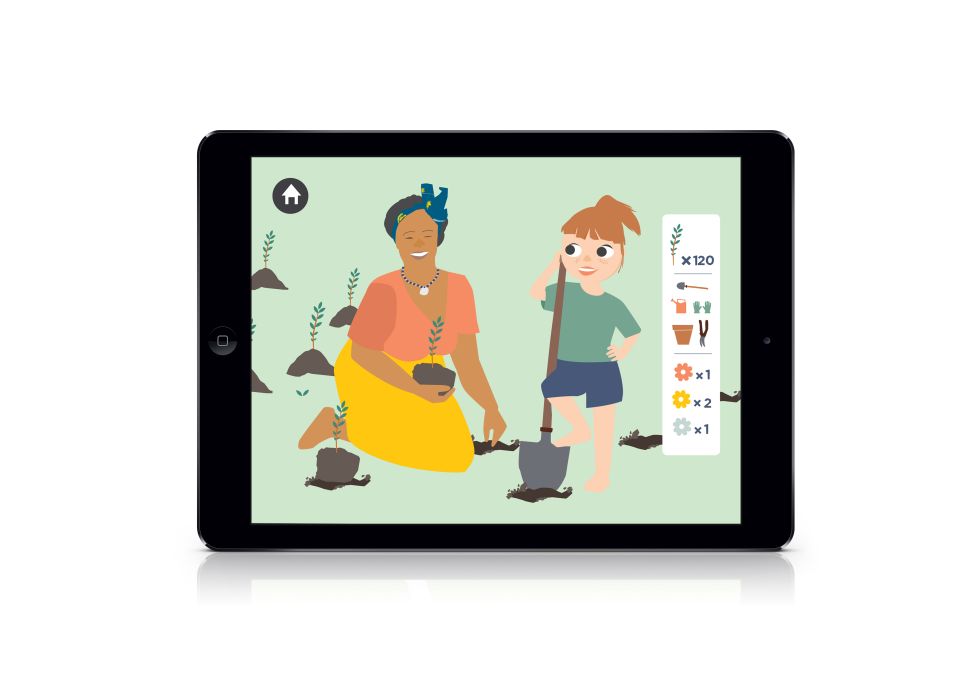
Shperling and Anzelevich’s first game is scheduled to roll out in May. It’s based on the popular Minecraft platform and follows the life of a nature researcher in Africa.
“Minecraft is a gender-neutral game,” they point out.
Toya’s digital games are also designed to educate young boys about the abilities of girls.
“We want to tell the stories of the exceptional woman and we want the boys to know about her as well. We can’t make a difference only telling the girls what they can be,” says Shperling. “Boys need to know these women, too. The girls will aspire to be her; the boys will know her and play a game about her with the girls.”

Breaking the development barrier
The two founders of Toya say they are not trying specifically to encourage girls to enter the fields of science, technology, engineering and math – like the Purple and Nine webisode series set out to do — but simply to make them aware of all the possibilities.
“It’s not about copying and pasting what boys are doing but inventing it in a new way,” Shperling says.
“You can also be in fashion, in cooking, a model; you don’t have to be a mathematician. Be whoever you want to be, but girls should know all their options.”
“Obviously not everyone can be everything but at least they should be able to think about it,” adds Anzelevich.

Anzelevich develops the games in her graphics studio while the content is created by Shperling, who founded the International Women’s Film Festival and the Women in the Picture Association to promote female representation in cinema.
They test their ideas on two control groups of Minecraft-playing girls, ages eight to 10 and 11-plus.
“Research shows that when we are four years old, both boys and girls say they want to be the president, but by the time they are 12, girls say they want to be models, while boys still maintain that they want to be the president,” reads their mission statement.
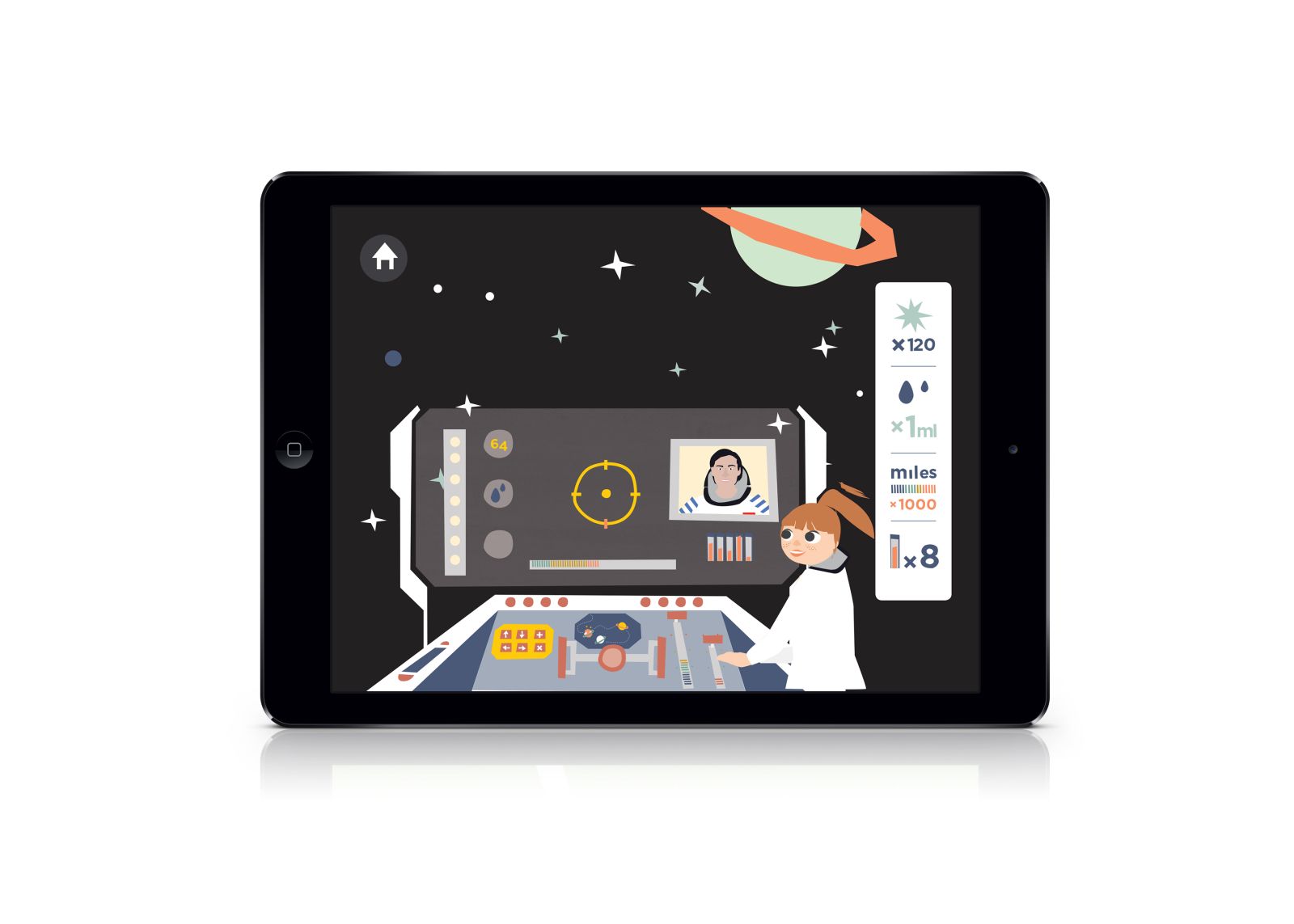
A recent study conducted by the Entertainment Software Association found that women constitute 44 percent of the total gamer population. The report also shows that a majority of parents (63%) say video games are a positive part of their child’s life.
Yet watching their own daughters grow up in the age of digital games and apps, Shperling and Anzelevich say they find it inconceivable that even in 2016, games targeted to girls are about hair styling, makeup and dress-up. “This serves as a significant development barrier for girls,” they contend.
You can’t be what you can’t see
Bootstrapped for now, Shperling and Anzelevich’s gaming startup recently graduated with the second class of TechForGood Rally, a Tel Aviv accelerator for entrepreneurs using technology to tackle social issues.
The founders say angel investors have expressed interest in their venture and they’re currently meeting with backers.
And while many games disqualify players, Toya’s multi-layer games constantly provide new scenarios and encourage players to progress. They turn the player into a “smart and beautiful avatar while revealing the life stories of exceptional women” as the game progresses.
The two women like to quote Marie Wilson, founder and president emeritus of The White House Project, who said: “You can’t be what you can’t see.”
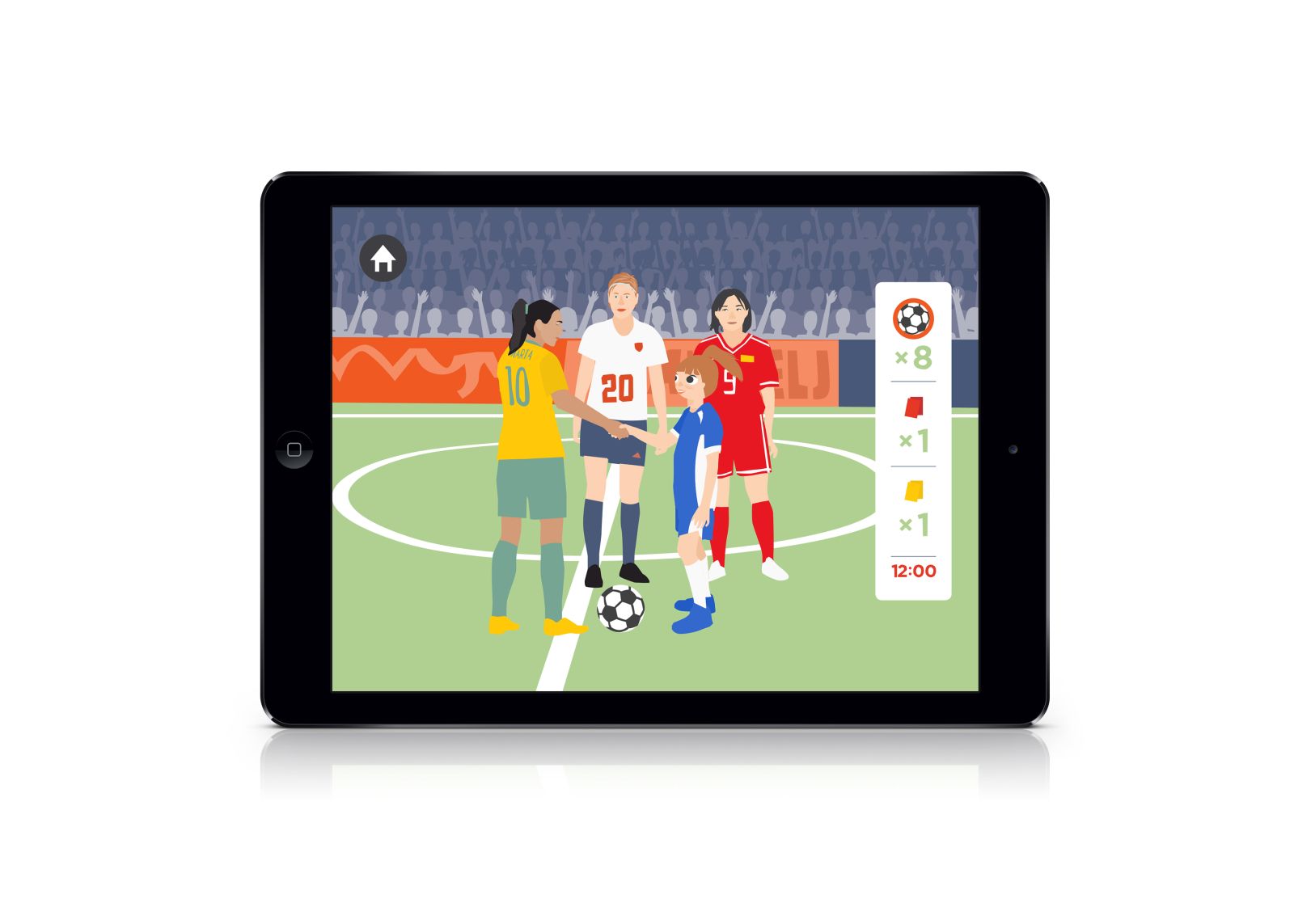
“The media surrounding girls always tell them what kind of women they should be when they grow up. As popular culture is surrounding us and our daughters, we think that using a game could be a good tool to expose them to narratives that they don’t know,” says Shperling.
“We are going to create some challenging games in the digital world and we’re going to change the narrative for girls to know about these women and say, ‘I want to be a naturalist, or fly to the moon, etc.'”
For more information, click here.













